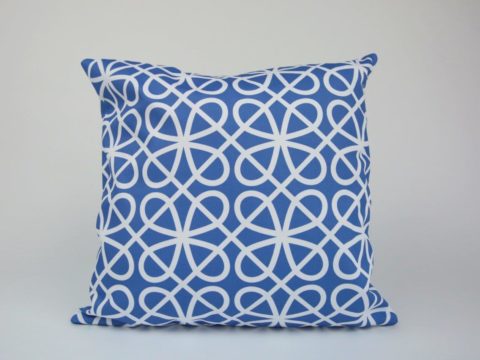Anne of Cleves: Life Story
Chapter 9 : The King's Sister
Anne’s household as queen was discharged, and new officers and ladies appointed, amongst them Katherine Basset, daughter of Lady Lisle. Wymond Carew, who had been her interpreter, and his wife, Martha Denny (sister of Henry’s gentleman, Sir Anthony Denny), remained in Anne’s service, but was soon complaining to the council that Anne was paying him less than she had paid Mr Horssey, his predecessor in his current role. He was lucky to be paid at all, as Anne soon found that he was reporting to the council on her actions – in particular, that she planned to write to her brother without having the letter first approved by the council.
Anne never missed an opportunity to prove to Henry that she was fully reconciled to the new situation. She showed herself cheerful all summer and wore new dresses every day, as reported by the French ambassador. He could not tell whether she was wisely acting a part, or whether she really was oblivious of the humiliation of her situation. At New Year 1541, she was invited to Hampton Court, where she treated Katheryn Howard with a level of respect and ceremony that bordered on the ironic. Henry, however, was delighted, and Katheryn, too, was glad to find that Anne bore her no resentment. The three dined together, and, after Henry had retired, the ladies danced.
Henry showed Anne so much favour that, the wish being father to the thought, some commentators speculated that he intended to take her back. Even Queen Katheryn became aware of the rumours. Henry kindly informed her that she had nothing to worry about – even if he had to choose another wife, he would not select Anne. Quite what level of comfort Katheryn derived from this can only be guessed.
In the autumn of 1541, a rumour ran around London that Anne had given birth to a baby, fathered by Henry during the New Year revels. Henry’s first reaction was to be furious that none of Anne’s household had reported such a scandalous event to him. Her ladies, Dorothy Wingfield and Jane Rattsay, were closely questioned by the council. They indignantly denied that their mistress had had a child. Henry was, of course, glad to hear the rumour refuted. He might not have been so pleased with the ladies had he heard that, with Queen Katheryn now in disgrace for her allegedly unchaste life, Rattsay and Wingfield were hoping he would return to Anne.
Harst, and perhaps Anne herself, were also hopeful that Henry would take Anne back – it may be that no-one had told Anne that the king found her physically repugnant, and that he would not dream of remarrying her. It is not a truth that many people would be willing to reveal to someone. Anne could well have believed that the annulment had been because Henry genuinely had doubts about the marriage, or even that he preferred Katheryn, without knowing that he had a positive aversion to her. She was certainly happy for Harst to explore the possibility of reconciliation.
Rather tastelessly declining to delay until Katheryn’s dismissal was definite, at the end of November, the Clevian ambassador, Olisleger, requested both the Earl of Southampton, and Cranmer to encourage Henry to reinstate Anne as his queen. Both letters were taken straight to Henry, with his councillors declining to involve themselves – no-one wanted to be embroiled in Henry’s matrimonial affairs – they had already seen off Wolsey and Cromwell. Even the French ambassador, Marillac, was asked to promote Anne’s cause. He responded that it might be more appropriate to wait until Katheryn’s fate had been determined before trying to reinstall Anne.
Marillac did not think that Anne herself was behind the requests of the Clevian ambassadors. She was, he wrote to his master, far too circumspect to do or say anything other than that she was perfectly content to do whatever Henry wished.
Back in Cleves, Wilhelm, aware that, although Henry had reiterated his feelings of friendship, it was unlikely he could rely on his former brother-in-law for aid against Charles, cemented a new alliance with François, symbolised by marriage to the French king’s niece, Jeanne d’Albret, fourteen years old and heir to the kingdom of Navarre. Jeanne was too young for the marriage to be completed, so Wilhelm returned to Cleves. Soon after, he and François declared open war on Charles.
After an initial period of success, during which they requested help from Henry, which was refused, they were pushed back by the emperor. Henry, always inclined to the Imperial side, entered a new treaty with Charles, with a view to a combined invasion of France.
Whatever hopes Anne had had for restoration to the role of Queen of England were to be dashed in July 1543, when Henry married Katherine Parr. Once again, Henry had the grace to call upon her at Richmond and break the news himself. Anne took this personally, complaining that Katherine was not so good-looking as she herself, a statement which none of the ambassadors who reported it denied.
The humiliation of Henry’s marriage to Katherine was so great that the Imperial Ambassador, Chapuys, reported that Anne now wanted to return to Cleves. No matter how generous Henry’s settlement on her had been, she had to face the reality that she would never remarry the king, and that there was no prospect of her marrying anyone else.
Anne of Cleves
Family Tree
